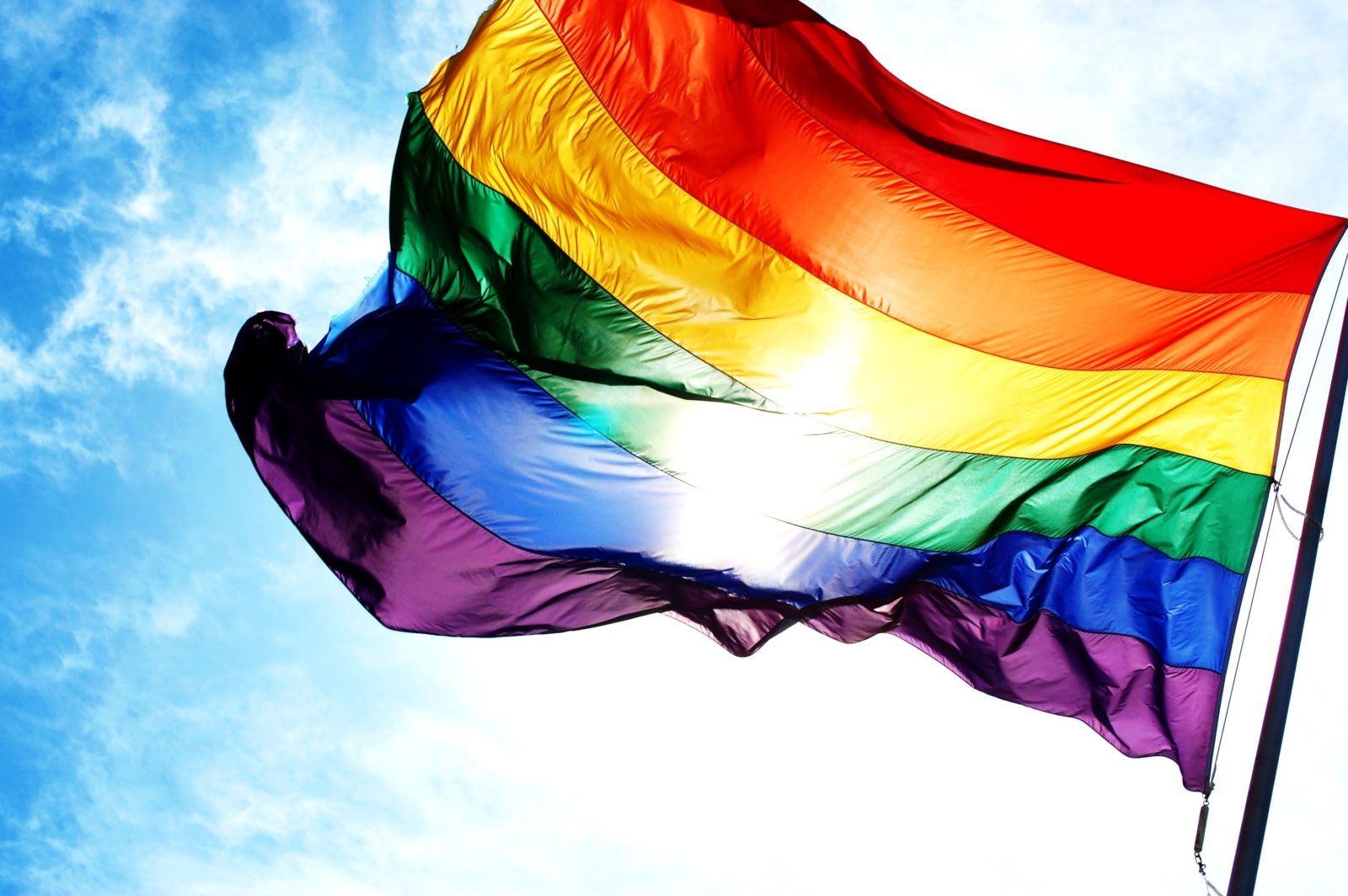
The law touches nearly everything we do; from food regulations that make sure our food is safe to eat, to our fundamental rights as human beings. The law plays a part in even the most private parts of our lives, including the religion we follow and the person that we start a family with. Religion and sexuality often sit uncomfortably together because in international law the right to religious freedom and the right to family and private life are both protected by the European Convention on Human Rights (ECHR) – and sometimes they find themselves competing for supremacy.
So what do these rights mean? The right of freedom of religion is protected by Article 9 of the ECHR. This right protects freedom of choice in religion and means you cannot be prevented from practicing or worshiping in the religion of your choice (notwithstanding that you are not breaking any laws or infringing the rights of others). Equally, you cannot be forced to worship or practice a religion which you have not chosen to follow.
Sexuality is encompassed by Article 8 which protects the right to respect for private and family life. Essentially, this right means that you have the right to a private life which is free from interference, again so long as you behave in a way that is within the law and does not infringe the rights of others. There are of course exceptions to these articles and they cannot always be taken as broadly as they may appear, however the statute establishes principles which signatory nations should follow when legislating new law and implementing existing law.
A prime example of where religion clashes with sexuality is in Italy where last week 300,000 protesters gathered in Rome’s Circus Maximus in an attempt to defeat the same-sex marriage bill currently passing through parliament. The bill will give legal recognition to same-sex couples who wish to enter into marriages. Italy is the only remaining western European country not to recognise same-sex unions. Given that Italy is a strongly Catholic country, the issue has created a massive divide between those who support the bill and those who do not.
The protesters rallied on Family Day brandishing banners denoting “It’s wrong even if it becomes law”. The bill will be considered by the Italian parliament in early February. Prime Minster Matteo Renzi has faced fierce opposition from within his own party, with his Environment Minister attending the rally and his Interior Minister tweeting his support for the protest. The bill is particularly controversial as it includes a clause that would allow couples to adopt one another’s biological children, effectively creating legally recognised families. The traditional ‘nuclear’, tight-knit family is something the Italians are known for and legalizing this type of unconventional family is something that concerns a large section of the Italian public. Banners at the rally depicted a mother, father and a male and female child, much like those used around the world by anti-same-sex marriage groups.
The idea of redefining ‘family’ is where most conflict arises between religious and LGBT+ groups. The world’s major religions, or at least the more fundamentalist parts of them, refuse to see same-sex couples as having a legitimate relationship and will not entertain the idea that two people of the same-sex can successfully bring up a child. However it is increasingly common for churches and other religious venues to open their doors to carry out ceremonies for same-sex couples.
In July last year the European Court of Human Rights found Italy to be in breach of Article 8 of the ECHR (right to respect for private and family life).The claimants in the case were each awarded €5,000, plus costs and judges remarked that the Italian Government had failed to “provide for the core needs relevant to a couple in a stable committed relationship”.
The situation in Italy is particularly difficult given its ties with the Catholic Church, however human rights are in place to protect us from scenarios based upon opinion and belief. Human rights protect minorities from the masses and protect the individual from the state. We are not all the same religion but we are all human and for this reason, in my view, we must put human rights at the forefront of our legal decisions. Right now, Italy is a prime example of the battle between popular opinion and basic human rights. The people of Italy must decide what they believe is more important; the outcome of the vote this month will be a milestone in the progression of same sex marriage acceptance. Ireland, also a Roman Catholic country, passed a similar bill last year which recognised same-sex marriage after a referendum in which 67% of voters agreed that same-sex couples should have the right to be married in the same way as opposite-sex couples. LGBT+ groups in Ireland focused on family as their main campaign tactic, urging people to vote yes because someone in their family or social circle will likely identify themselves as LGBT. It is a shining example of people still having strict religious beliefs but finding themselves accepting same-sex marriage, acknowledging that religion is a choice and sexuality is not.

